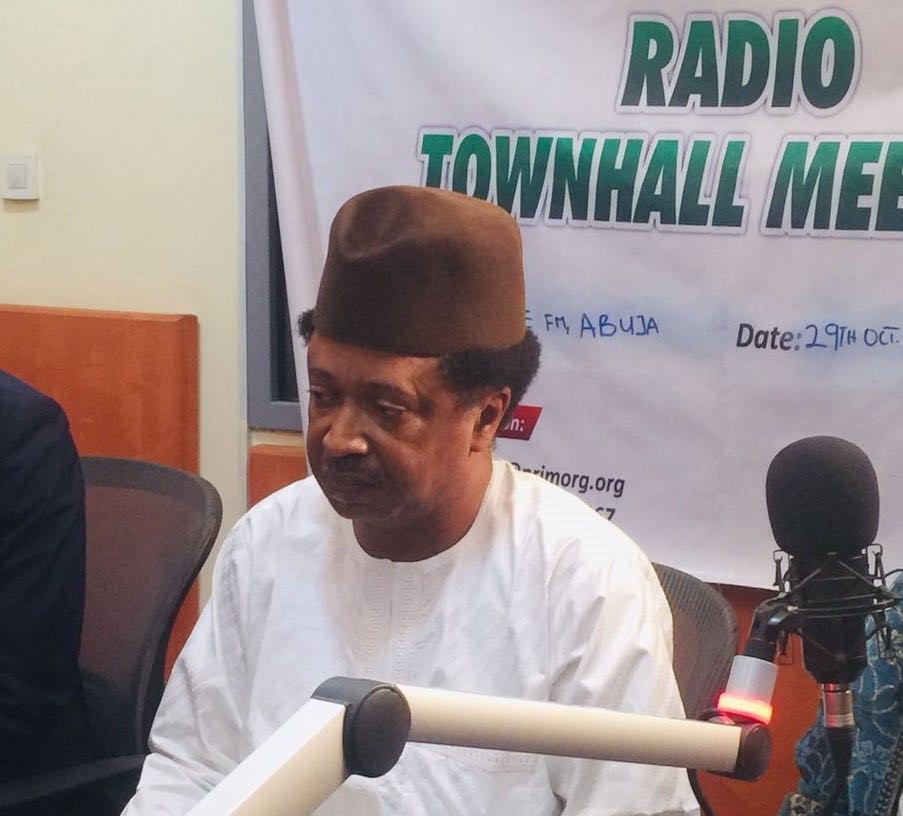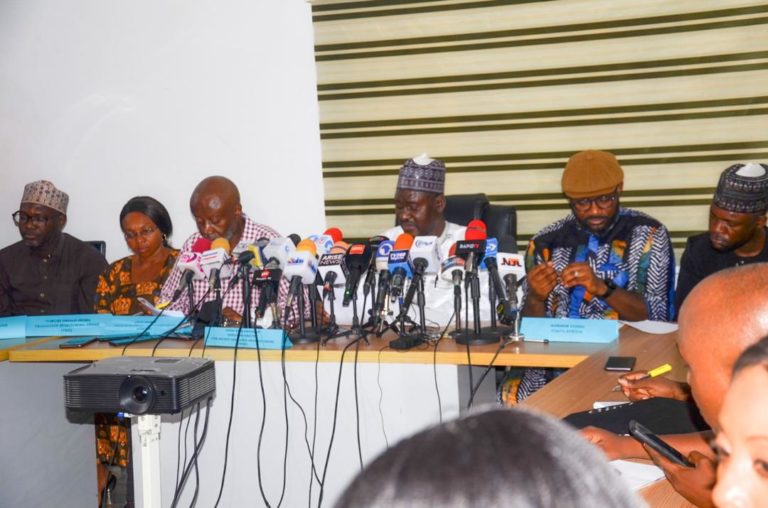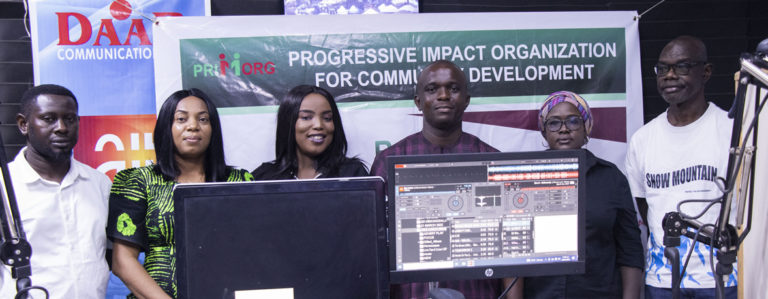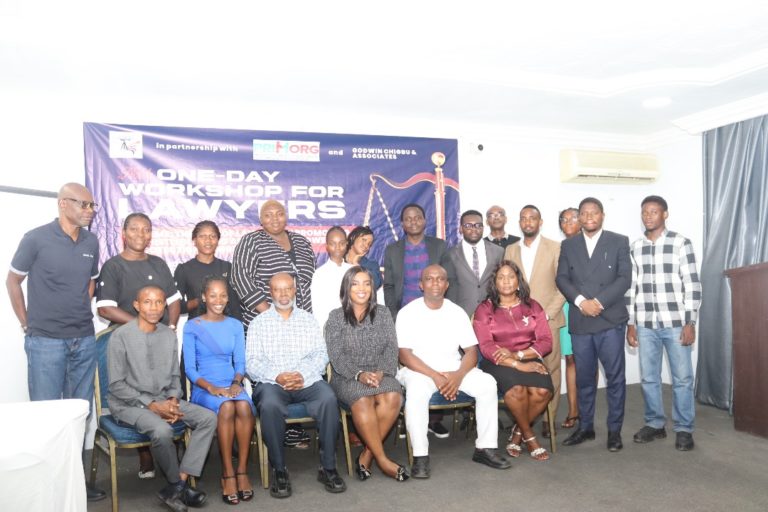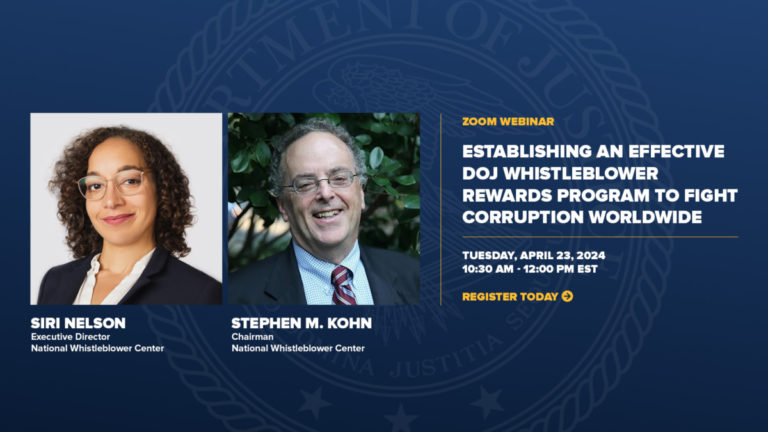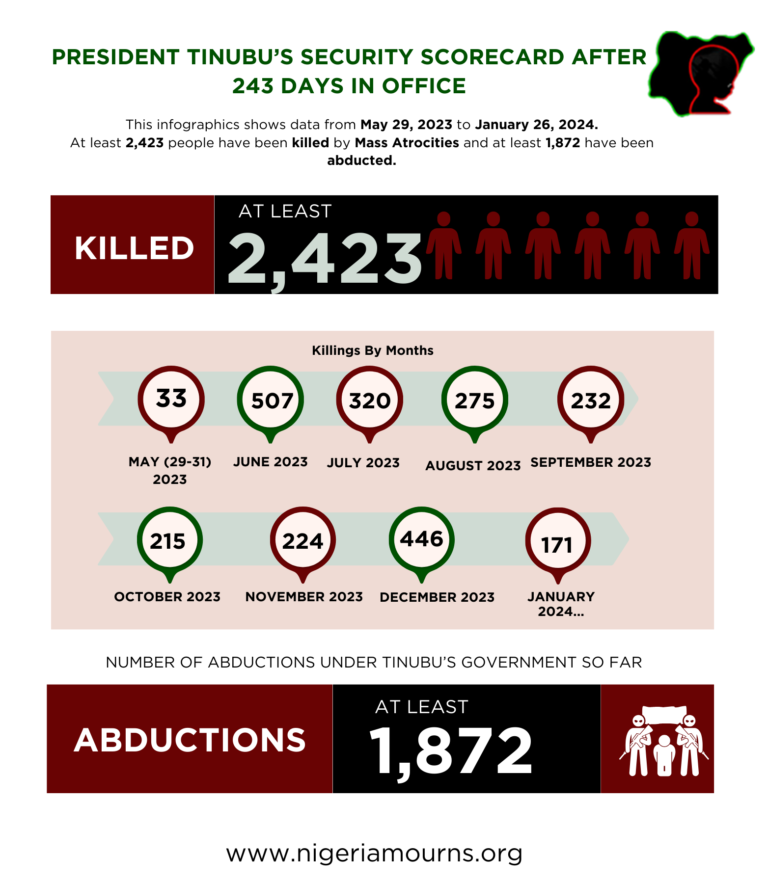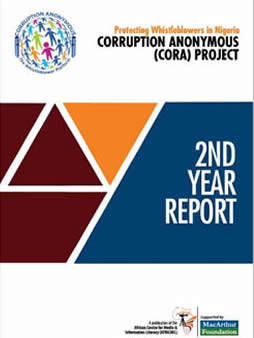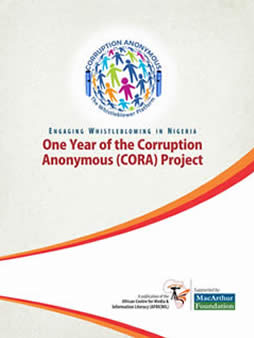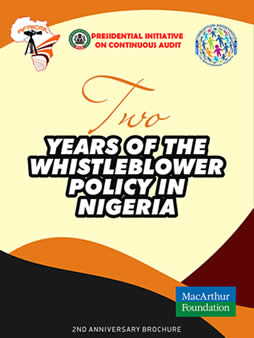Former senator representing Kaduna Central, Shehu Sani, says the 9th Assembly can successfully pass the Whistleblower Protection Bill before the end of their legislative tenure if there is the political will to do so.
Senator Sani made known his optimism while participating in a radio town hall meeting on Whistleblowing organized by the Progressive Impact Organization for Community Development (PRIMORG), Friday in Abuja.
According to him, the Whistleblower Protection Bill currently at the National Assembly can scale through despite time running out on the lawmakers if there is political will and concerted effort.
Senator Sani who urged the National Assembly and Executive arm of the Government to use their cordial relationship to speed up the passage of the whistleblowing and whistleblower protection bill stressed that both tiers of government must always bear in mind that power is transient.
“They (NASS) should speed up and make sure the whistleblower law comes into being since both the National Assembly and Executive portray themselves to be one.
“It is possible to make the whistleblower law within two to three weeks because you do first reading, you do a second reading, then you do public hearing, you do harmonization between the two houses and then you send it to the president.
“You can achieve it, but if you don’t want to achieve it, after the public hearing you will never hear anything about it again and then when you try to raise it they will tell you to turn off the mic.”
Sani stated that the Federal Government is not pushing hard enough for the passage of a whistleblower law due to fear of the law going against them. “Already the government has seen that the fight against corruption is something they should do themselves and in that sense, they are afraid of a law that would make it impossible for them to do what is called selective justice.”
An Abuja-based legal practitioner, Nelson Kebordih said that the enthusiasm that the whistleblower policy came with has diffused following the lack of legal framework, adding that the country was losing a lot due to the current state of things.
Barr. Kebordih called on the legislature to ensure that the long-awaited law contained proper protection mechanisms before passage, adding that incentive for whistleblowing and how to access it must be transparent in the law to encourage citizen’s participation and ownership of the program.
On her part, a media consultant and activist, Princess Halima Jubril, described the lack of legislation for whistleblowing in Nigeria as unfortunate.
Jubril who noted that poverty was a big factor that is deterring citizens from blowing the whistle on corrupt acts, however, stated that the spirit of many Nigerians who are been demoralized by the shortcoming of the whistleblowing policy can be reawakened if they are assured of adequate protection and proper legislation.
The Editor of the Nigerian Pilot newspaper, Emmanuel Ibeleme, encouraged journalists to be courageous in their job despite facing remuneration challenges.
He urged journalists not to stay on the job if not motivated to avoid destroying the profession.
His words: “If you are not well paid in an organization that cannot motivate you to do what you should do, not what you want to do, then you go and look for something else to do instead of staying there and desecrating the profession,” Ibeleme stressed.
The PRIMORG’s Town Hall Meeting Against Corruption series is aimed at calling the public and government attention to specific issues of corruption in Nigeria.
The syndicated radio program runs with support from the MacArthur Foundation.

